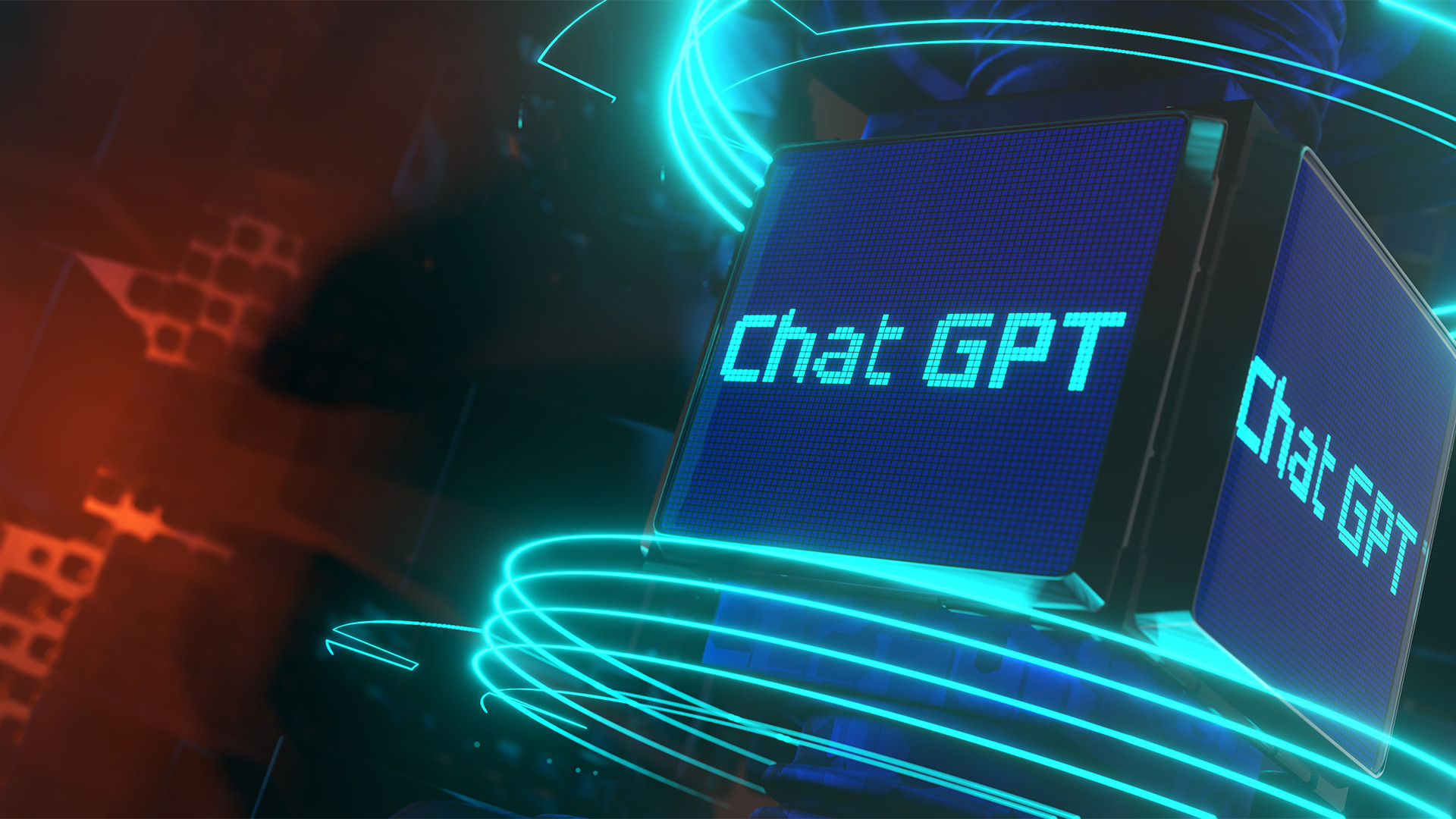
Some workers are concerned that ChatGPT will replace them. Fortune reports they might be right, noting that though OpenAI’s artificial intelligence chatbot was just launched in November of 2022, it’s already being used in the workplace. Seventy-four percent of U.S. employees familiar with the technology use it at work. A Harris Poll says that this will probably rise as over half of workers surveyed say their companies are discussing the use of ChatGPT.
But is it going to leave you unemployed?
New research suggests about one in five American workers will see half of their work responsibilities impacted. The study shows jobs requiring lots of writing and programming are the most vulnerable to GPT tech, while jobs heavy in science and critical thinking are less so. A Smith expert is in slight agreement with this.
Tejwansh (Tej) Anand, Clinical Professor of Practice and Academic Director for the Master of Science in Information Systems program at the University of Maryland Robert H. Smith School of Business, says “I can’t yet come up with a task that is nonroutine, or that involves some level of judgment and critical thinking that ChatGPT can take over.” And he adds that there are currently so many instances in which “ChatGPT is inaccurate, where it produces things that are flat-out incorrect.”
Anand says Bard (Google’s AI chatbot) or ChatGPT can aid one’s work. “It makes us do our job faster and better and if we’re doing that, do we need fewer of us? The answer would be ‘yes’ if the economy was not growing.” There are still many more jobs available than there are job seekers, even though the job market is loosening. “We have to have the context of growth in our equation and not think of this (the increasing use of chatbot AI) as gloom and doom.”
Will this technology eventually completely take over work done by humans? Anand says, “not as it exists today. I think there will be incarnations of ChatGPT that are narrower and more focused, which would mean more productivity. But I don’t see it replacing people because humans have accountability for what we do.” For example, “we need a lawyer to sign off on a brief, and a PR person putting out a press release that’s considered defamatory has to be accountable for that.”
Anand says we’ve had these conversations about new technology before and just need to be thoughtful, and measured with an understanding of what technology can and cannot do.
“Technology is important, but by itself, it usually doesn’t stand. It has to be supported by business and operating models and sometimes it takes time to have all of that in place.”
Media Contact
Greg Muraski
Media Relations Manager
301-405-5283
301-892-0973 Mobile
gmuraski@umd.edu
Get Smith Brain Trust Delivered To Your Inbox Every Week
Business moves fast in the 21st century. Stay one step ahead with bite-sized business insights from the Smith School's world-class faculty.